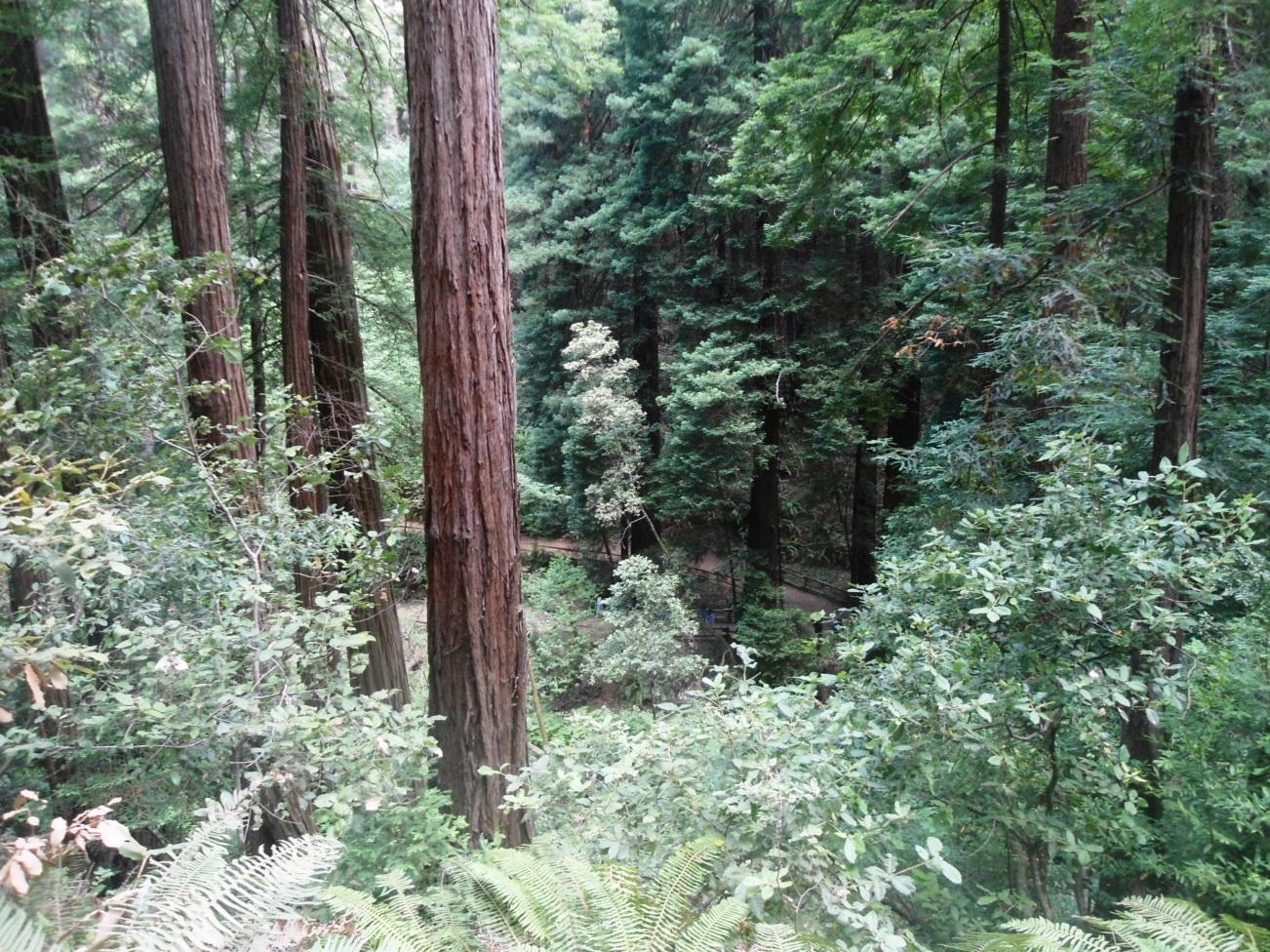by Fideline Mboringong (ELP 2016), Business and Extractive Policy Exper, WWF, Cameroon
Sitting through the tiring 21 hours flight from Yaoundé to San Francisco I was not sure of what to expect once I arrived in Berkeley, California. As Mark Twain said, "The coldest winter I ever spent was a summer in San Francisco." This was my first experience as I mounted the hills of Berkeley; little did I know that this will be a life-changing experience.
The Beahrs Environmental Leadership program has been a life changing experience for me. It provided me with the opportunity to refocus my interaction with environmental issues as I begun to view the environment on a broader scope. I had a wonderful experience interacting with dynamic environmental professionals and experts coming from different parts of the world. We are all engaged in one common fight: how to resolve the challenges of the environment today as to bequeath a much healthier environment for future generations. This shared vision during my days at Berkeley is rooted in the words of Lady Bird Johnson: “The environment is where we all meet; where all have a mutual interest; it is the one thing all of us share.”
Biodiversity richness of the Bakossi National Park in Cameroon. ©JMukoko
It is true today that environmental problems like human induced climate change fueled by economic greed, wildlife trafficking especially in flagship species like elephants and rhinos, deforestation and degradation of forests for logging, agriculture and mining are challenges that this generation has to solve. Resolving these challenges would require setting the right priorities like promoting renewable energy against continuous use of fossil fuel to power our economies.
WWF Director General, Marco Lambertini states, “We are living in a time of unprecedented risk but also unparalleled opportunity for the future of our planet and our society.” With 2015 recorded as the hottest year, we are living in times of tremendous biodiversity loss, excruciating pressure exerted on water bodies and landscapes and diverse impacts from climate change, but also a time with enormous opportunity towards sustainability like the Sustainable Development Goals, the Paris Climate Agreement, etc. These definitely are some of the steps in the right direction going forward. Conserving and sustaining natural resources and biodiversity in harmony with the needs of local communities will be a further step in the right direction.
Like Franklin D. Roosevelt said, “A nation that destroys its soils destroys itself. Forests are the lungs of our land, purifying the air and giving fresh strength to our people.” We must all learn from the mistakes of the past and embrace sustainable development patterns that will be healthy for the environment and people. We must prioritize conservation through initiatives like reforestation, agro-ecology and renewable energy.
Muir Woods National Monument ©FMboringong
However, an overarching solution will be to ensure that we put in place appropriate governance systems that promote on equal footing the three sustainable development pillars. Appropriate governance will also mean that governments become much more accountable to their citizens for each action and citizens can demand for policies and actions that are appropriate for them and the environment in which they live. These are actions needed now and we shall not be pardoned by the next generations if we fail to act now.
In the end, “You cannot get through a single day without having an impact on the world around you. What you do makes a difference, and you have to decide what kind of difference you want to make.” -Jane Goodall.
I would like to acknowledge the Beahrs Environmental Leadership Program, World Wide Fund for Nature International and World Wide Fund for Nature Cameroon for their contributions and financial support that made it possible for me to take part in this course.


